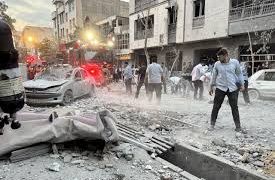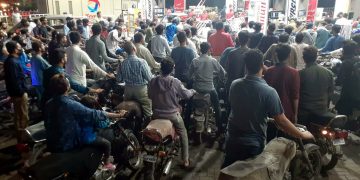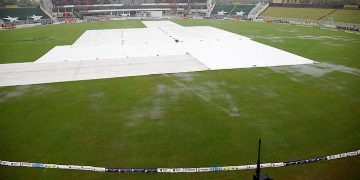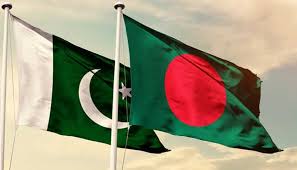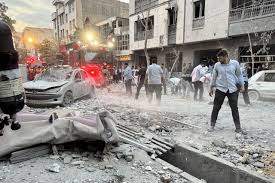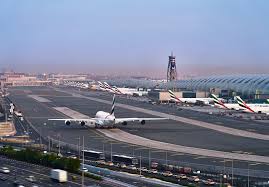In war-torn Sudan, a Blue Nile river town has become a relative sanctuary from the fighting, but survivors living there endure overcrowding, widespread disease and creeping hunger.
One of the internally displaced people who made it to Wad Madani, a 200-kilometre (125 miles) drive southeast of the embattled capital Khartoum, was mother-of-three Fatima Mohammed.
Then, 10 days ago, she succumbed to illness, leaving behind three children – Ithar, 11, Dalal, nine, and Ibrahim, seven – who now largely fend for themselves in the courtyard of the Al-Jeili Salah school.
They are among hundreds of thousands who have run for their lives since the war erupted in mid-April between two rival generals in the long unstable and poverty-stricken northeast African country.
More than 2,000 people have died in the conflict between the forces of army chief Abdel Fattah al-Burhan and his former deputy Mohamed Hamdan Daglo who commands the paramilitary Rapid Support Forces.
Many people have found refuge in makeshift camps set up in schools, university dormitories and other buildings in Wad Madani, nestled on a bend of the Blue Nile in a cotton farming region of Al-Jazirah state.
Another survivor, Soukaina Abdel Rahim, now lives with six of her family members in a room in the girls’ dormitory at Al-Jazirah University in the east of Wad Madani.
“For a family, the accommodation is uncomfortable, there is a lack of space and privacy,” she told AFP. “We share the showers and toilets with 20 other rooms on the floor, each of which accommodates an entire family.”
Malaria rampant
Basic services are scarce in the region which is now sweltering in summer heat and frequent rainy season downpours.
“Often, there are long water and electricity cuts,” said Hanan Adam, who has been displaced with her husband and their four children.
“With the high temperatures and the proliferation of mosquitoes, all my children have contracted malaria,” she added about the disease that was a major killer in the country even before the war.
However, managing to see a doctor in Wad Madani today amounts to a minor miracle.
In one of the town’s camps, the aid group Doctors Without Borders has been able to dispatch just one medical doctor and four nurses for about 2,000 displaced people.
Humanitarian aid groups long active in Sudan have been overwhelmed, and at times targeted, in the war. Many of their Sudanese staff are exhausted or holed up in their homes, while foreign staff wait for visas.
For years millions of Sudanese relied on aid, and now food shortages are becoming ever more dire.
“We have received food parcels but there is no infant milk in them,” Soumaya Omar, a mother of five children aged six months to 10 years, told AFP.
However, she said, amid Sudan’s runaway inflation and massive shortages, “we do not have the means to buy it”.

